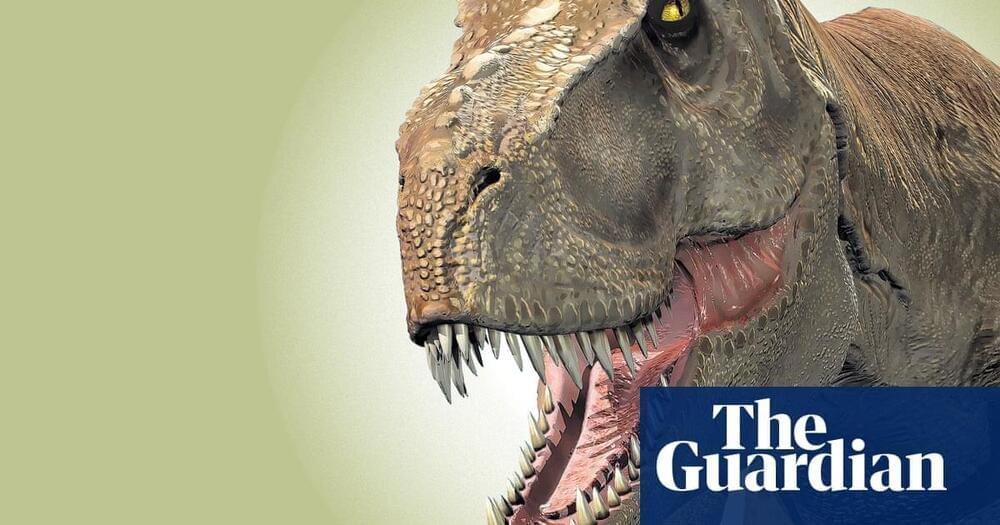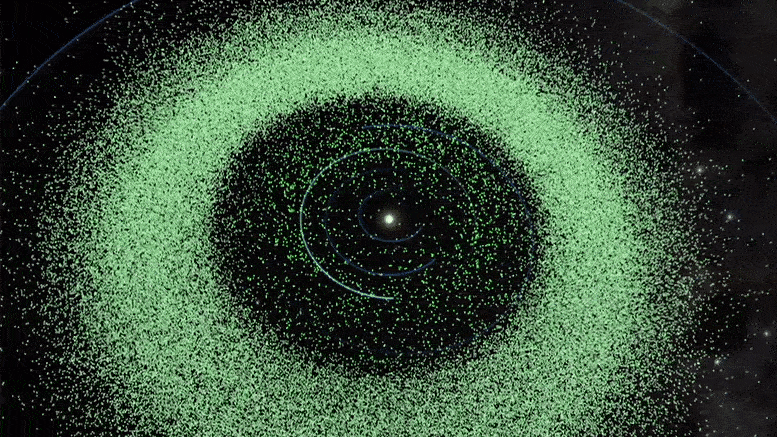Start listening with a 30-day Audible trial and your first audiobook plus two Audible Originals are free. Visit.
http://www.audible.com/isaac or text “isaac” to 500–500.
As ancient and vast as the Universe is, it seems like some alien race arose in the galaxy long before us, but who rose before them? What would the cosmos be like for the first civilization to arise, and what if it is us?
Visit our Website: http://www.isaacarthur.net.
Support us on Patreon: https://www.patreon.com/IsaacArthur.
SFIA Merchandise available: https://www.signil.com/sfia/
Social Media:
Facebook Group: https://www.facebook.com/groups/1583992725237264/
Reddit: https://www.reddit.com/r/IsaacArthur/
Twitter: https://twitter.com/Isaac_A_Arthur on Twitter and RT our future content.
SFIA Discord Server: https://discord.gg/53GAShE
Listen or Download the audio of this episode from Soundcloud: Episode’s Audio-only version: https://soundcloud.com/isaac-arthur-148927746/fermi-paradox-firstborn.
Episode’s Narration-only version: https://soundcloud.com/isaac-arthur-148927746/fermi-paradox-…ation-only.
Credits:
The Fermi Paradox: Firstborn.
Episode 242; June 11, 2020
Writers:







